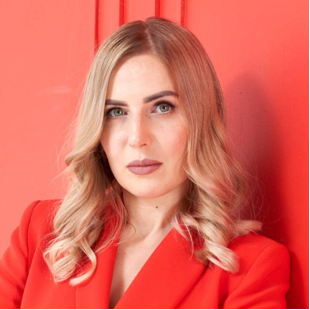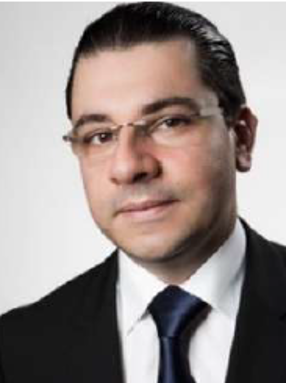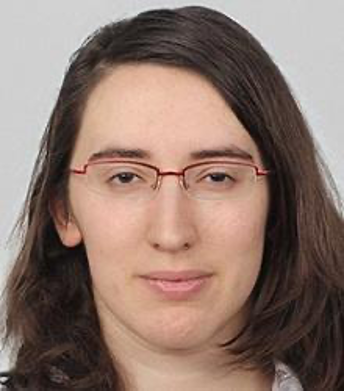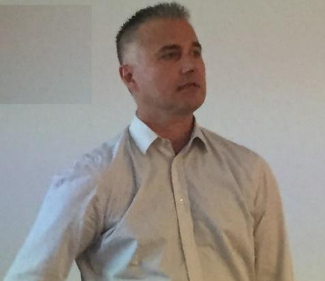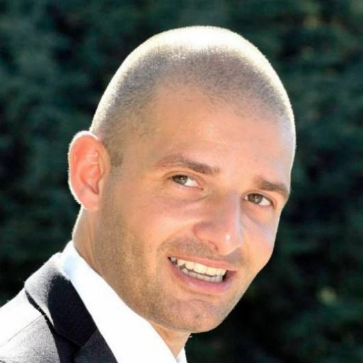Description of Activities
The ongoing contributions to the Biometric System-on-Card related interindustry ISO/IEC standards address the following three key aspects: bridging definition gaps, enhancing clarity and consistency, and prioritising practical applicability.
Impact on SMEs (2nd Open Call)
Standards for Biometric System-on-Card (BSoC) and On-Card Comparison (OCC) solutions ensure compatibility with deployed interoperable biometric systems, enabling straightforward maintenance and upgrades, while avoiding vendor lock-in and proprietary limitations.
Impact on SMEs (5th Open Call)
Currently, global biometric authentication systems are widely deployed for diverse public and commercial services authorisation. Common form factor smart cards, incorporating biometric capture and comparison within the card, offer a secure, sterile, and user-friendly experience for cardholders. Standards for Biometric System-on-Card (BSoC) and On-Card Comparison (OCC) solutions ensure compatibility with deployed interoperable biometric systems, enabling straightforward maintenance and upgrades, while avoiding vendor lock-in and proprietary limitations.
Impact on SMEs (7th Open Call)
Currently, global biometric authentication systems are widely deployed for diverse public and commercial services authorization. Traditional form factor smart cards, incorporating biometric capture and comparison within the card, offer a secure, sterile, and user-friendly experience for card holders. Standards for Biometric System-on-Card (BSoC) and On-Card Comparison (OCC) solutions ensure compatibility with deployed interoperable biometric systems, enabling straightforward maintenance and upgrades, while avoiding vendor lock-in and proprietary limitations.
Impact on society (2nd Open Call)
Smart cards enabled with biometric card holder verification capabilities on a card via either On-Card Comparison (OCC) or full Biometric System-on-Card (BSoC) technology each offer enhanced security, privacy, inclusivity, and public health benefits while reducing fraud and identity theft.
Impact on society (5th Open Call)
Multi-application smart cards are already widely deployed and used nowadays in eGovernment, ePayment, eHealth and other domains. Addition of biometric authentication enhances reliability (more secure than PIN), safety and convenience (hygienic, no need to touch PINpads or terminals sensor in case of BSoC especially while pandemic), reference card holder data security (no vulnerable and GDPR sensitive central database for biometrics is needed, card holder data cannot be read out from stolen / lost smart cards) and availability (users with no education in poor countries to obtain subsidy).
Impact on society (7th Open Call)
This fellowship support my ongoing contributions to the Biometric System-on-Card (BSoC) and On-Card Comparison (OCC) related interindustry ISO/IEC standards address the following three key aspects:
Firstly, bridging Definition Gaps: Bridging existing gaps in definitions in the ISO/IEC 17839 and ISO/IEC 24787 series, specifically focusing on core, physical dimensions, and logical information exchange interfaces requirements. This involves a comprehensive examination of the latest hardware and software advancements prevalent in the market for biometric on-card verification-enabled smart cards also evaluating the need for potential scope extension to other non-smart card form factor holder verification devices with supplementary (e.g., BLE, NFC) communication interface support. The emphasis is on ensuring that the standards are not solely rooted in theory but are backed by practical use cases.
Secondly, enhancing Clarity and Consistency: addressing the ongoing challenge involves maintaining clarity and consistency in any standards revisions developed by ISO/IEC JTC1/SC17/WG11 (e.g., ISO/IEC 7816-11), particularly concerning other Standard Committees (SCs) and Working Groups (WGs) developed standards. This effort includes eliminating ambiguities and ensuring seamless alignment with cross-referenced ISO/IEC JTC1 SC37/WG3 and SC37/WG2 (e.g., ISO/IEC 19785-3) standards on BDIF (Biometric Data Interchange Formats) and CBEFF (Common Biometric Exchange Formats Framework) interfaces and formats.
Thirdly, prioritizing Practical Applicability: The standards development process places a significant emphasis on practical applicability by aiming for seamless integration in real-world interoperable scenarios. The main goal is to facilitate the straightforward integration, testing (e.g., through ISO/IEC 18584 series) and maintenance of the standard compliant biometric solutions within diverse-scale interindustry biometric systems, which typically accommodate hardware and software components provided by various vendors.
Organization
Senior Software Engineer, Zwipe AS
Proposal Title (2nd Open Call)
Advance on-card biometric comparison standards ISO/IEC 24787, ISO/IEC 17839, ISO/IEC 18584 series
Proposal Title (5th Open Call)
Advance on-card biometric comparison standards ISO/IEC 24787, 7816-11, 17839, 18584 series
Proposal Title (7th Open Call)
Advance on-card biometric comparison standards ISO/IEC 24787, 7816-11, 17839, 18584 series
Standards Development Organisation



